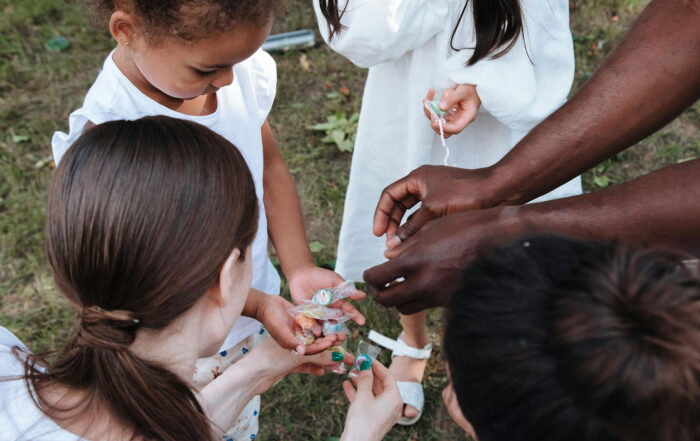
By Amanda Venta, PhD
Waves of Latinx immigration to the United States have changed in recent decades, and our scientific literature is only beginning to catch up. Regional violence and unrest in the Northern Triangle of Central America (i.e., El Salvador, Honduras, and Guatemala) have pushed families to seek asylum in the U.S. Simultaneously, we have seen growth in children traveling without a guardian (i.e., unaccompanied immigrant minors) from the same region. Health care professionals now find large numbers of Latinx immigrant youth and families in their waiting rooms, yet relatively little published research on their mental health experiences and clinical needs exist. Latinxs, in general, are underrepresented in published research.
Share This Post!
Healing Invisible Wounds: Art Therapy and PTSD
By Renée Fabian When I color during therapy, it creates a safe space for me to express painful feelings from my past. Coloring engages a different part of my brain that allows [...]
Integrating Mindfulness in Your Classroom Curriculum
By Giselle Shardlow Now more than ever, teaching mindfulness in the classroom is a necessity. Our children are stressed and anxious. Teachers and parents are stressed and anxious, too. Our lives are busy, [...]
The Long Shadow: Bruce Perry on the Lingering Effects of Childhood Trauma
By Jeanne Supin The “fight or flight” instinct has served the human species well, helping us respond quickly to threats, but according to child and adolescent psychiatrist and neuroscientist Bruce Perry it can [...]
The Science of How Our Minds and Our Bodies Converge in the Healing of Trauma
By Maria Popova “A purely disembodied human emotion is a nonentity,” William James asserted in his revolutionary 1884 theory of how our bodies affect our feelings. Two generations later, Rilke wrote in a [...]
Epidemiology of Traumatic Experiences in Childhood
By Benjamin E. Saunders, PhD and Zachary W. Adams, PhD The epidemiology of traumatic experiences in childhood is a key context for research, clinical treatment, program management, and policy development. This article [...]
Emotional and Psychological Trauma: Healing from Trauma and Moving On
By Lawrence Robinson, Melinda Smith, M.A., and Jeanne Segal, Ph.D. If you’ve experienced an extremely stressful or disturbing event that’s left you feeling helpless and emotionally out of control, you may have [...]







